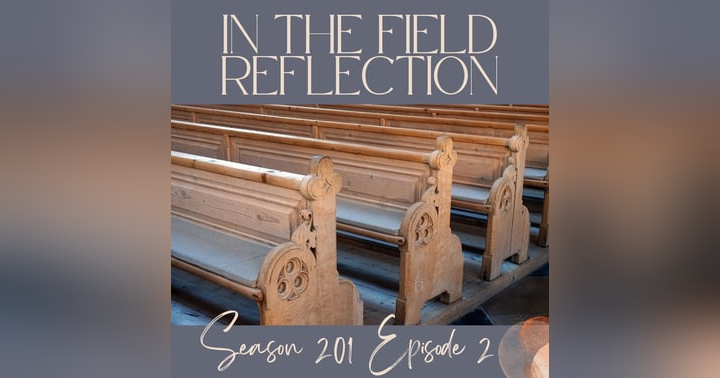When Mercy Speaks: Finding Grace in Judgment

The power of divine mercy stands as one of the most transformative forces in human experience. In Pastor Cleophas Muyelele's powerful message from Kenya, we explore what happens "When Mercy Speaks" through the lens of the woman caught in adultery from John 8. This biblical narrative perfectly illustrates how God's compassion can dramatically alter our circumstances, regardless of our past mistakes or present struggles.
The scene unfolds dramatically—Pharisees and teachers of the law drag a woman caught in adultery before Jesus, making her stand before the crowd. According to Mosaic law, she deserved death by stoning. Her accusers were technically correct according to the letter of the law. They had every right to execute judgment. This scene represents many of us today—caught in our own acts of wrongdoing, standing exposed before judgment. Perhaps you find yourself caught in addiction, inappropriate relationships, destructive behaviors, or simply falling short of God's standards. This woman's experience mirrors our human condition—we all stand guilty under the law at some point in our lives.
What happens next reveals the revolutionary nature of God's mercy. Rather than immediately pronouncing judgment, Jesus stoops down and writes in the sand. When pressed for an answer, he delivers the penetrating statement: "Let any one of you who is without sin be the first to throw a stone at her." With these words, mercy began to speak. One by one, the accusers departed, convicted by their own consciences. When mercy speaks, it forces us to confront our own failings before judging others. Jesus didn't deny the reality of sin—he simply highlighted the universal human condition that we have all fallen short of God's glory, as Romans 3:23 reminds us. This is the first effect of divine mercy: it creates space for humility and self-reflection rather than hasty condemnation.
The interaction that follows between Jesus and the woman represents the heart of the gospel message. When Jesus asks, "Has no one condemned you?" and she answers "No one, sir," we witness the beautiful moment when mercy triumphs over judgment. Jesus declares, "Neither do I condemn you," followed by the crucial directive: "Go now and sin no more." This perfectly fulfills John 3:17, where we learn that God didn't send his Son into the world to condemn it, but to save it. Mercy doesn't merely excuse sin—it empowers transformation. It offers protection from condemnation while simultaneously calling us to a higher standard of living. Jesus didn't leave the woman in her sin; he rescued her from it and invited her into a new way of life.
Pastor Cleophas Muyelele challenges us to apply this story to our own lives. Where are you experiencing judgment? What addictions, failures, or struggles have left you feeling exposed and condemned? The message is clear: run to Jesus. Allow his mercy to speak into your situation. Let divine compassion break the protocols of judgment that others (or even you yourself) have established. The mercy of Christ offers us protection, qualification, life, and second chances. It doesn't remove the reality of judgment day, but it gives us the opportunity to change course now. Jesus concludes by declaring, "I am the light of the world. Whoever follows me will never walk in darkness, but will have the light of life." This is the ultimate promise of mercy—not just forgiveness of past sins, but illumination for a new path forward.

















